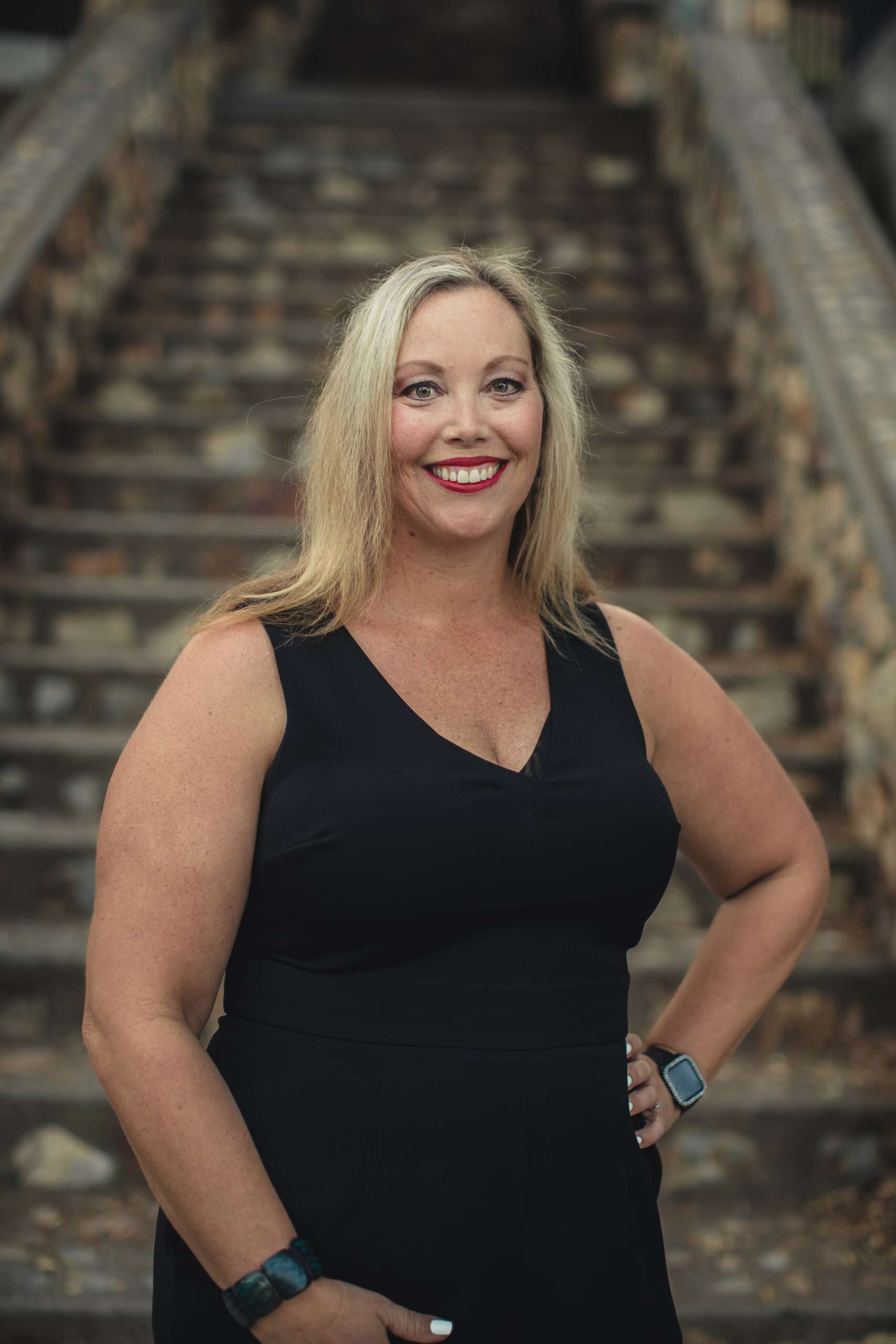We recently connected with Rebecca Berg and have shared our conversation below.
Rebecca, thanks for taking the time to share your stories with us today Setting up an independent practice is a daunting endeavor. Can you talk to us about what it was like for you – what were some of the main steps, challenges, etc.
I knew I wanted to be a psychotherapist from by the time I was a senior in high school and at the time, I didn’t know there were other job opportunities in the field other than establishing my own practice. Being fiercely independent from a young age, the idea of being my own boss in a career I loved was the ultimate pinnacle of success. When someone asked me three words to describe myself, I would always answer with passionate, driven, and loyal and I still would say that defines me today.
While paths we set out for ourselves are never linear, my young ambitious self had no idea the amount of classes, training, internships, and business knowledge I would need to accumulate in order to achieve my dream. My father desperately wanted me to major in business as he felt I had the knack for it, but my heart was set on psychology. I was a great listener and I loved hearing people’s stories and the paths they had chosen. There were many tearful conversations as my father did not agree with my choice. His own mother had been severely depressed much of her life and he felt that the therapists and psychiatrists she had seen had failed to help her. I genuinely wish I had taken a few business classes as it would have made the transition into being a business owner so much easier. I still struggle at times with my decisions in how the business is being run. Private practice can be lonely, and I’ve learned you need a team of professionals to help you along the way,
Six months after I was licensed as a Marriage and Family Therapist I joined a group practice to start the private practice journey. Within the year, I was offered to move into a brand new suite with three other therapists, whom I had met through an online psychology discussion forum, several minutes from my home. With only two private practice clients, I jumped at the chance. Seventeen years later and a full caseload, I still practice from that office.
When I made the leap in private practice, I was still working full time for a community mental health agency in their intensive outpatient program. The hours were long and the needs of the population I served were many, but I couldn’t wait to be my own boss and choose the types of clients I wanted to work with–trauma, grief, anxiety, depression, and teens. In the next few months, it became clear that being on call for the agency and seeing clients in private practice was untenable. I resolved to go out on medical leave following a much needed back surgery and then hand in my resignation upon my return. The financial situation might have been tight but I never once regret advocating for my freedom.
Building a practice is difficult and takes longer than anyone will ever admit especially if you don’t take insurance. However, with networking efforts, honing your marketing skills, and providing a valuable service to the community, it is possible. I was amazed that my practice continued to grow in my first year of 2008 during a recession. Because I knew I was uncomfortable selling myself so to speak, I joined a weekly breakfast networking group with other professionals so I could learn how to speak confidently about the services I offer. A great website with SEO optimization and targeted marketing ads really helped my practice grow until I became known in the community. As clinicians, we want much of time devoted to helping others in their pain and less about the business aspect of things. But, I would advise those who want to pursue this career path to stay curious, make meaningful connections, and always be open to learning.
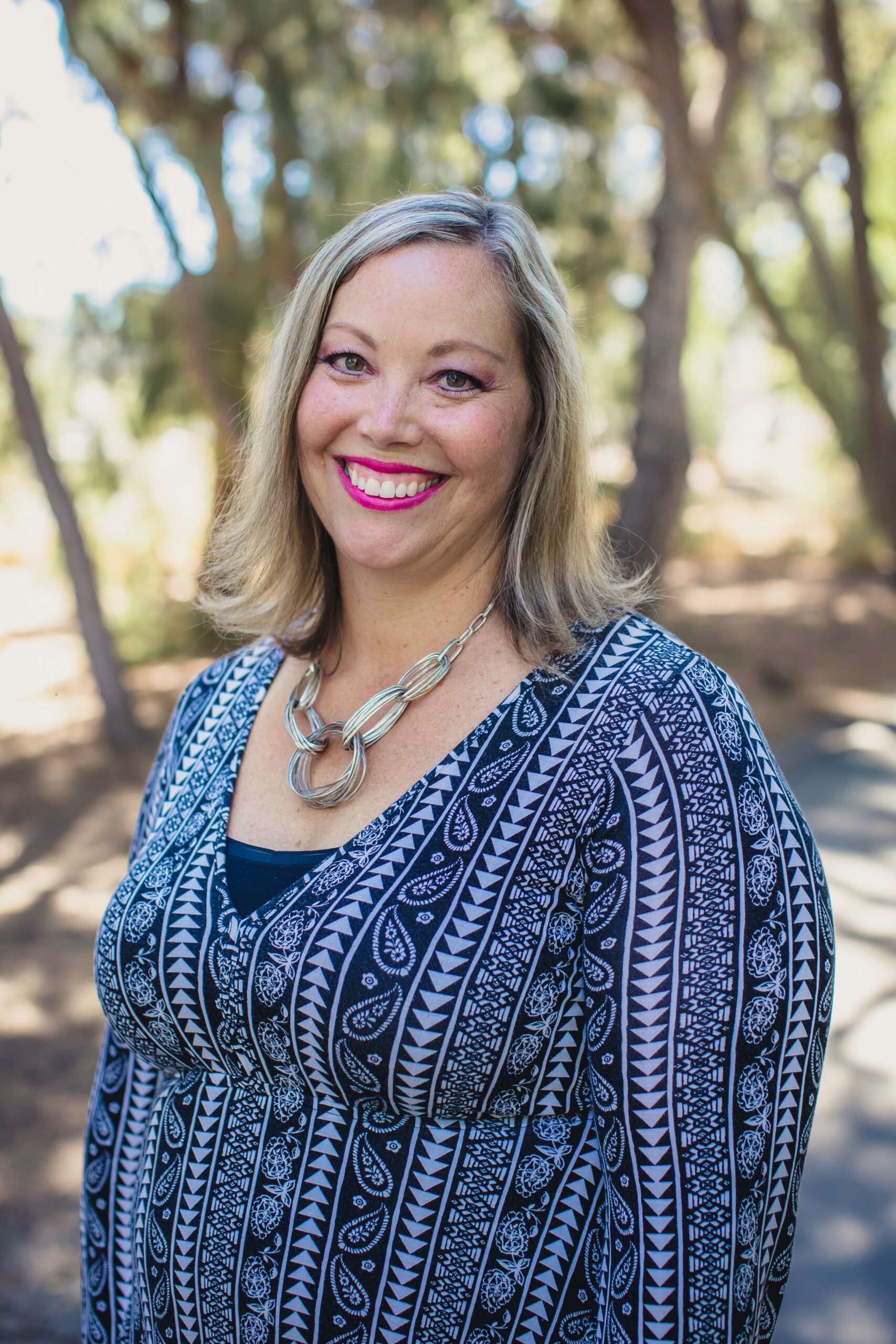
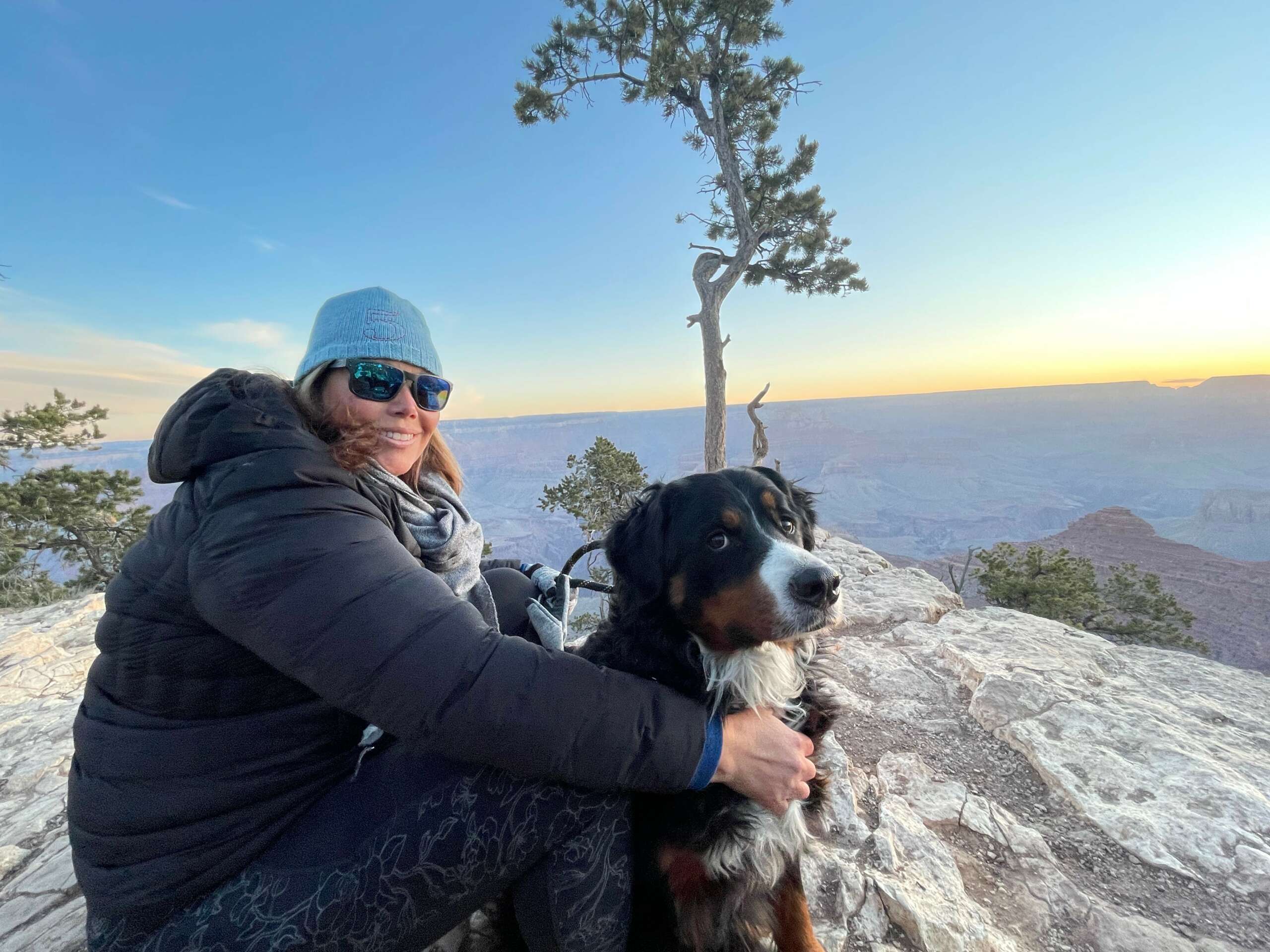
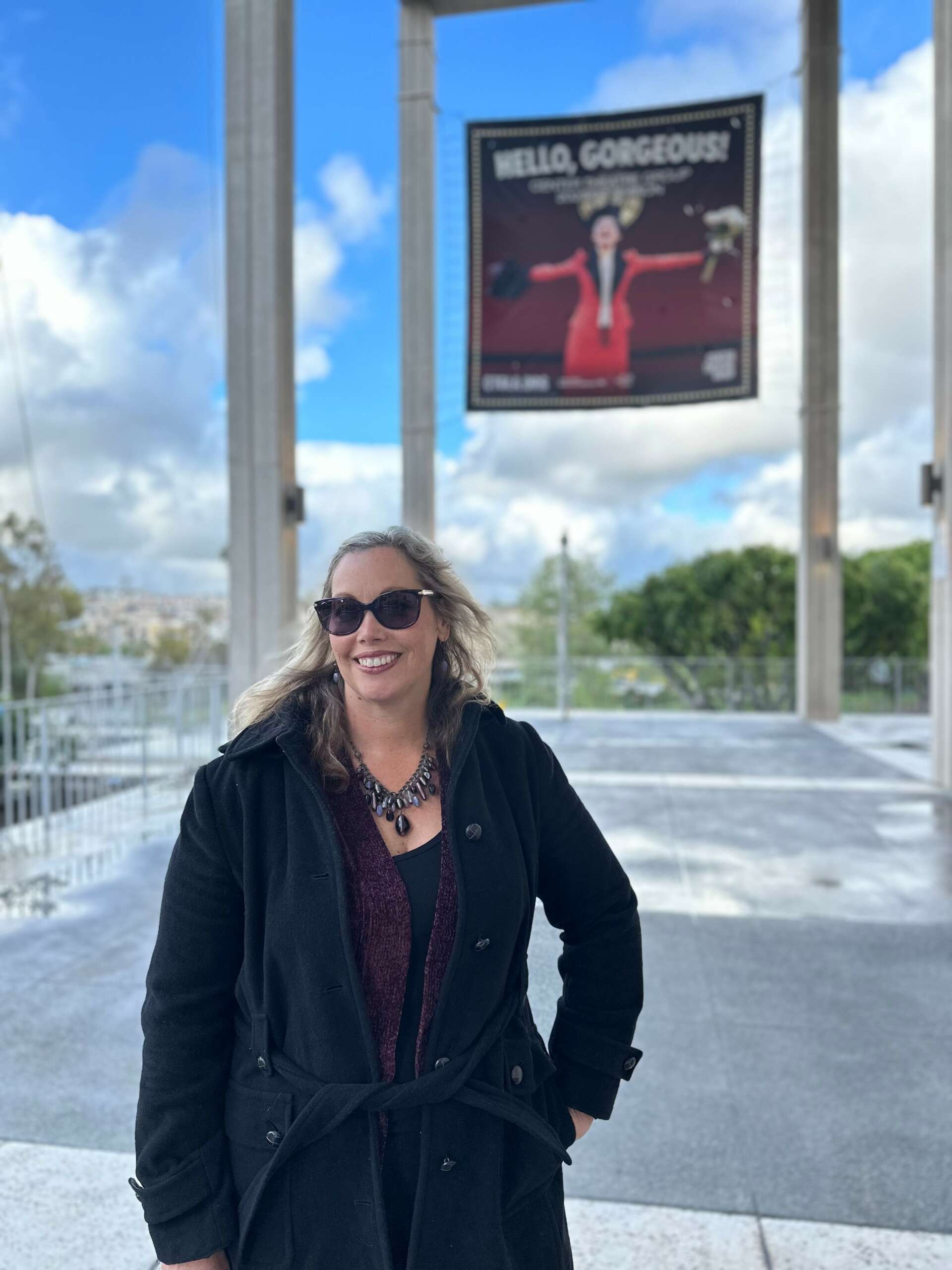
Awesome – so before we get into the rest of our questions, can you briefly introduce yourself to our readers.
Hi, I’m Rebecca Berg, a Licensed Marriage and Family Therapist and I have my own practice in Brea, CA. I have been practicing psychotherapy for over 20 years, I see clients locally in my office and also virtually throughout California. I specialize in working with folks dealing with trauma, grief, personality disorders, and mood disorders. I also have specialized training with teenagers/young adults, and mothers. I especially love helping college students navigate the separation individuation developmental phase and helping mothers deal with all the emotions that arise in parenting. I work primarily from an object relations and psychodynamic perspective but also incorporate other modalities. Recently, I am working on completing certification in DBT which helps with borderline personality disorder, risky behavior, and emotional dysregulation. Also, I am learning more about Internal Family Systems and Polyvagal theory and utilizing those concepts to help with clients. I view maladaptive behaviors as tools that helped a person to survive, and my work is focused on relieving the shame they often feel. I love helping people understand themselves and their history in a different light and allowing them space to discover who they truly are unencumbered from guilt, shame, and trauma. Often people are incredibly critical of themselves, and I love when they begin to see how to take care of themselves in a loving manner. Many times clients come to me with histories of generational trauma and mental illness, and it is my greatest joy to see them breaking those generational patterns with their own children.

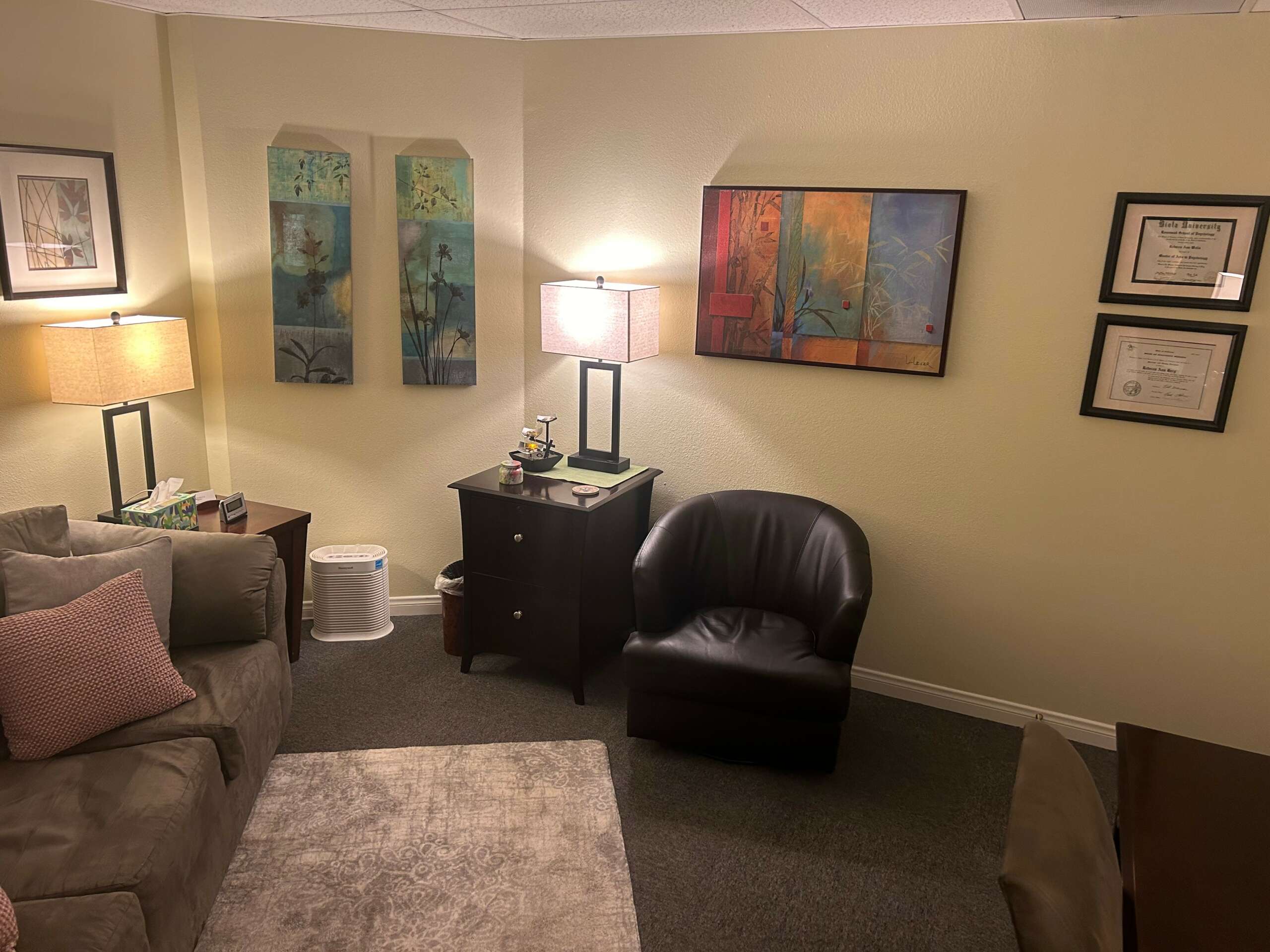
Other than training/knowledge, what do you think is most helpful for succeeding in your field?
Beyond my training, theoretical orientation, and certifications, the best gift I can give my clients is my humanity. We are all on this profound journey of life together, and it is often wrought with heartache and pain. I was trained in the psychoanalytic tradition to be a blank slate but I believe allowing my clients to see me as another human being who also struggles can be especially connecting and healing. Whether that be an eye roll , a tear, or a laugh out loud, my clients know that I am impacted by them and so many of them come to me feeling like they do not matter and have not been valued.
This was especially true during the pandemic. When sessions shifted online and the whole world was shut down, I personally was also affected, as we all were. My clients heard my barking dog in the background, and we shared the same experiences of trying to work but also homeschool and entertain our young children. We were riddled with anxiety, listlessness, and downright exhausted. We shared in our collective grief but most importantly still found a way to connect and be seen.
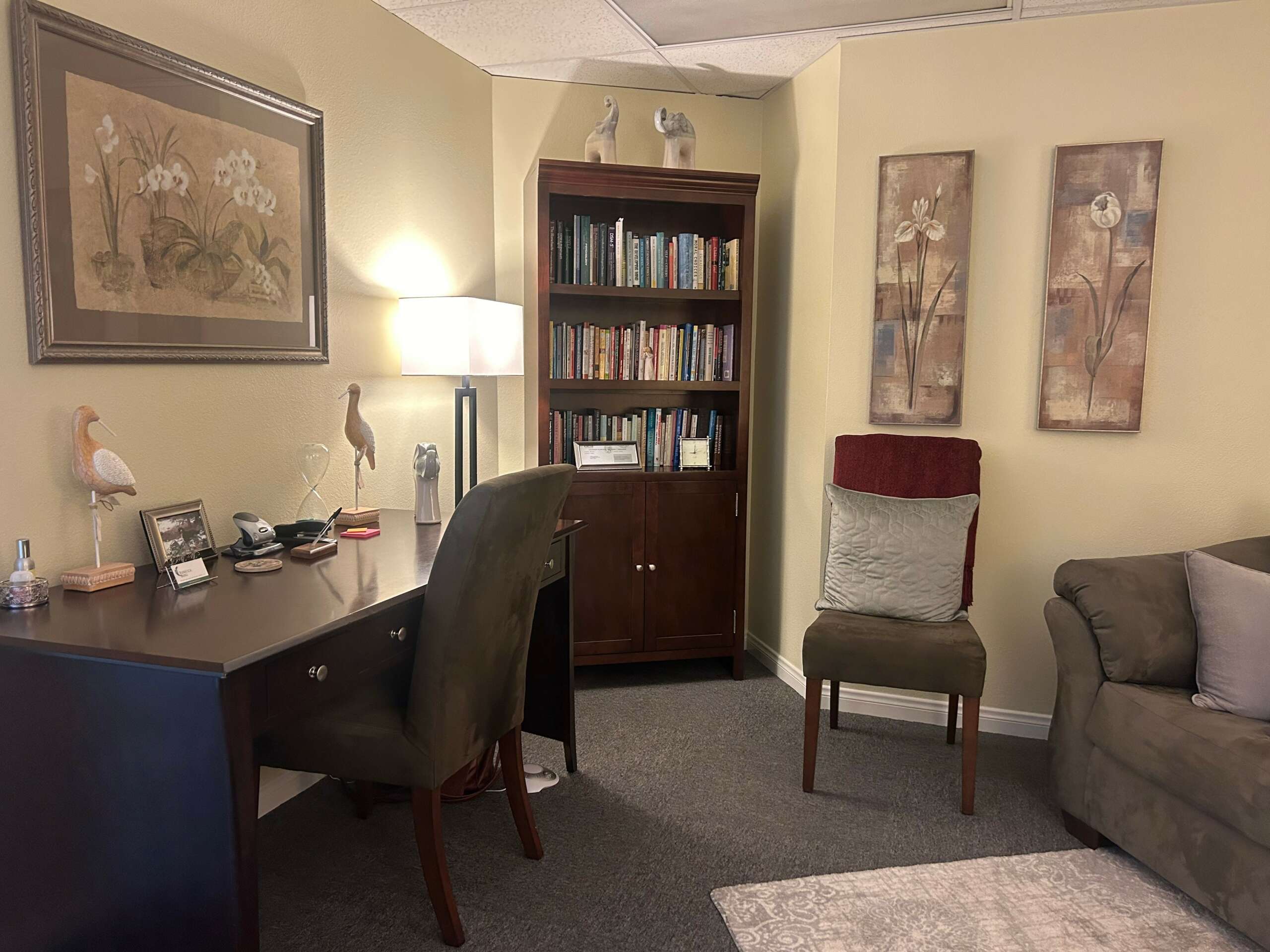

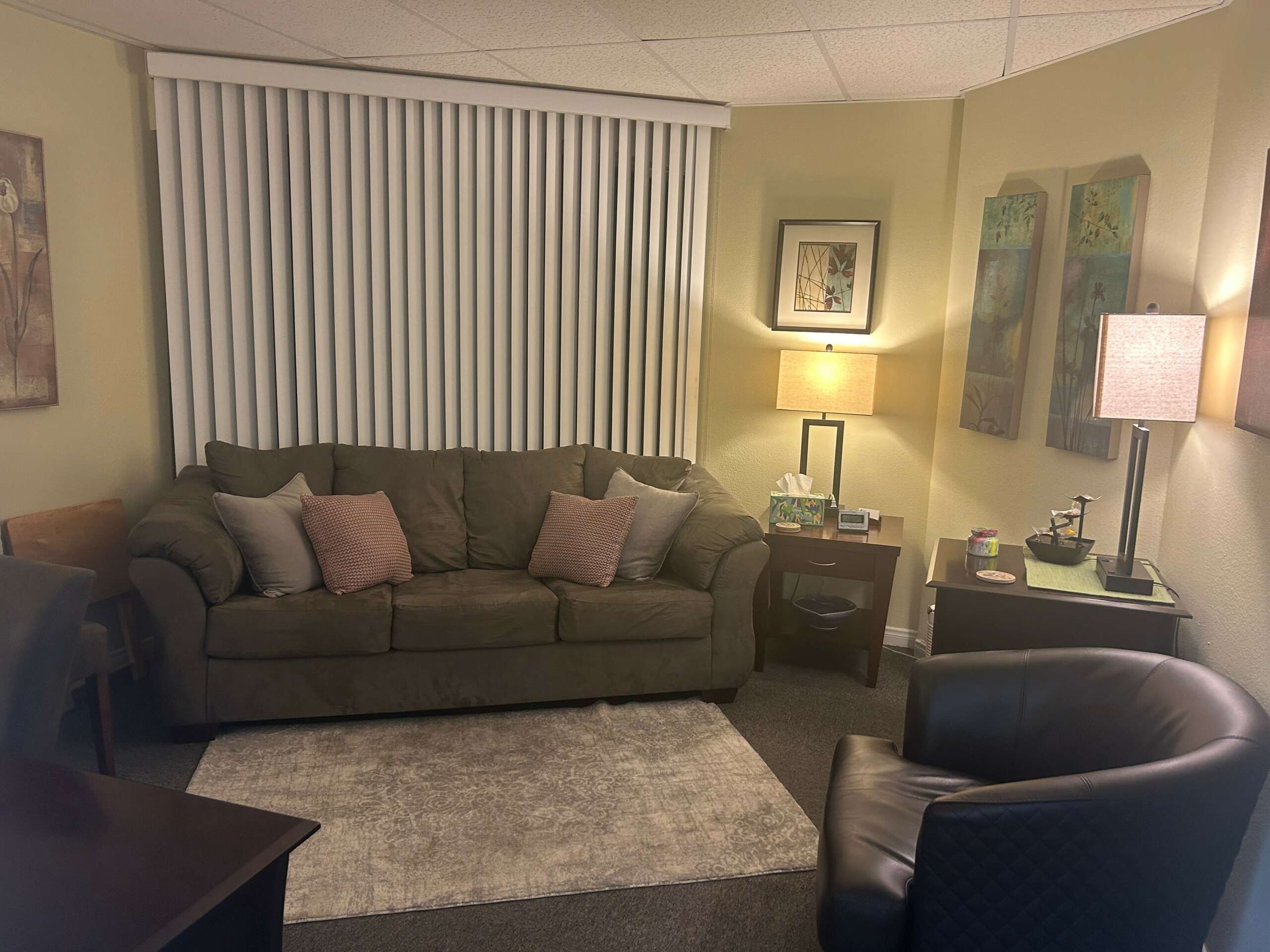
What’s a lesson you had to unlearn and what’s the backstory?
One lesson I have had to unlearn is to stay silent. In contrast, I have learned to speak up. Advocate for what you want, utilize and share your wisdom, and others will be impacted by it. I was a very shy perfectionist as a young girl and terrified of being called on in class even if I knew the answer. As a result, I was often overlooked and underestimated. My family of origin was neglectful and narcissistic in nature and in that environment, children often learn that they don’t make an impact and are definitely not allowed to shine. I learned very quickly that no one wanted to hear what I had to say so I remained quiet.
However, a colleague in graduate school was especially impactful when he shared that he wanted to hear more from me. He found my words insightful and profound when I did speak up in class. My confidence slowly grew. I found a community who valued me and spurred me on to take risks. Networking and promoting my business can still take me out of my comfort zone, but I have realized it is necessary, and I have a valuable service to offer to the community. The book, Quiet, The Power of Introverts in a World that Can’t Stop Talking by Susan Cain helped me give words to what I often experienced and allowed me the space to learn and embrace how I can contribute to society using my strengths in a meaningful way, I still have a soft voice that doesn’t carry but that doesn’t change the weight of my words and who might be affected.
Contact Info:
- Website: rebeccabergmft.com
- Facebook: https://www.facebook.com/RBergMFT
- Linkedin: https://www.linkedin.com/in/rebeccabergmft/
- Twitter: twitter.com/RbergMft


